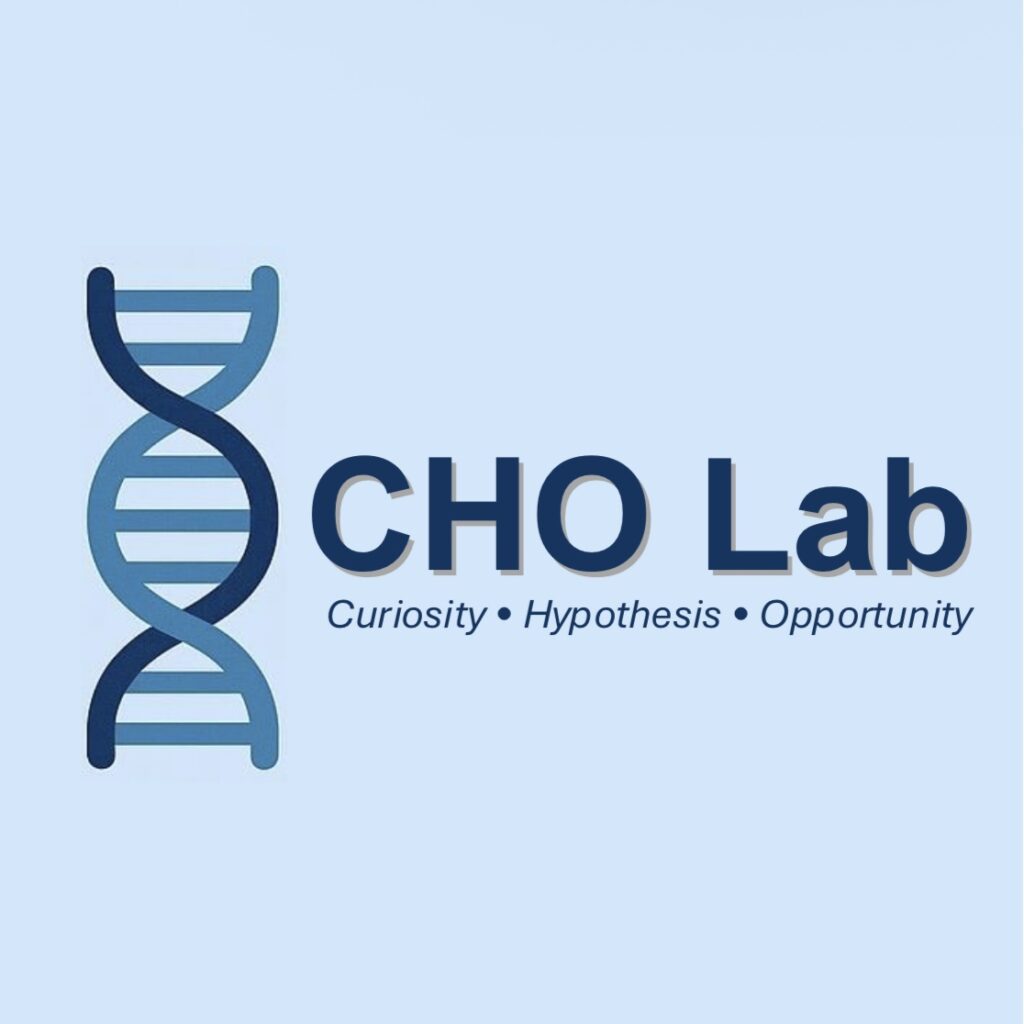Dr. Yae In Cho's Lab
About Our Research
Dr. Cho’s research lab launched in 2025 to study how microorganisms build complex natural products through biosynthesis.
What do we do?
Siderophores are a fascinating class of natural products that microbes use to capture metal ions from their surroundings. These molecules are assembled through the orchestration of enzymes and proteins working together in a highly efficient and sustainable way. By uncovering how this process works, we aim to expand the library of novel siderophores that can be produced in environmentally friendly ways and potentially serve as effective agents for remediating polluted soils.
Our Students
Undergraduate researchers in the Cho Lab will gain hands-on training in biochemistry and microbiology. Students will examine and modify amino acid sequences, perform bacterial transformations, express proteins in E. coli, and carry out protein purification and characterization. They will also conduct assays with isolated proteins, analyze siderophore structures, and test their metal-binding abilities.
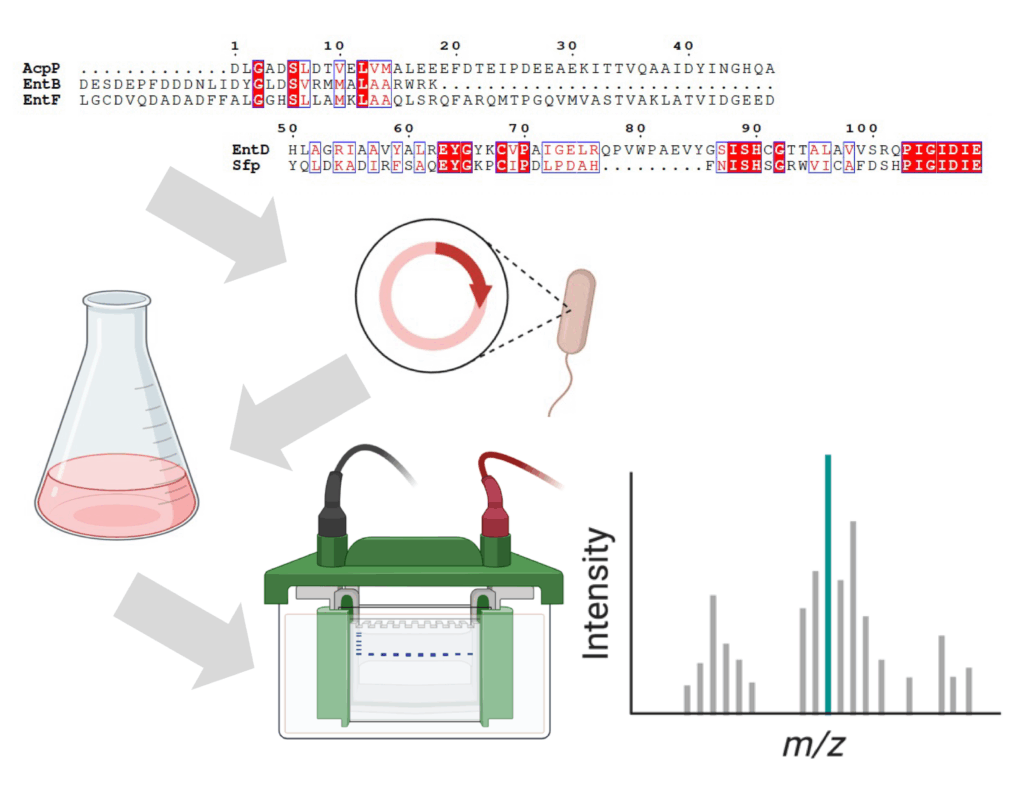
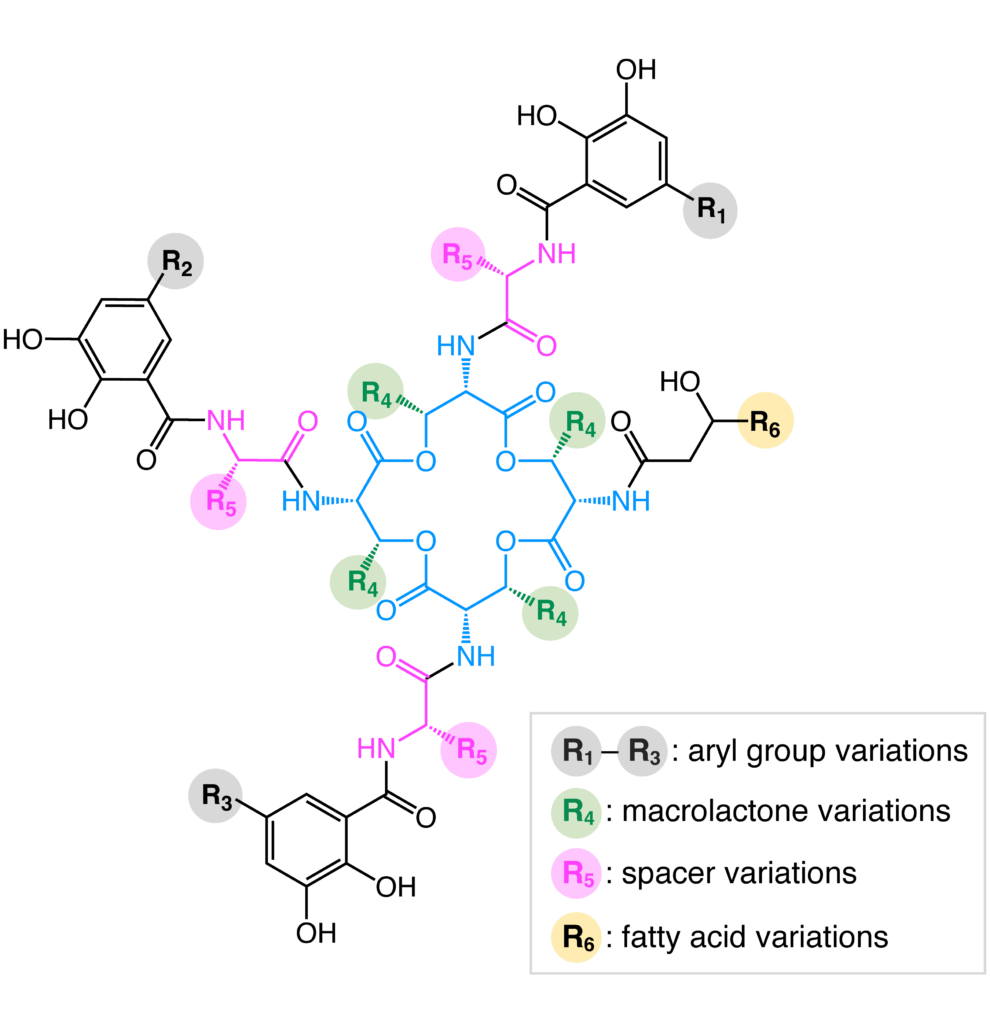
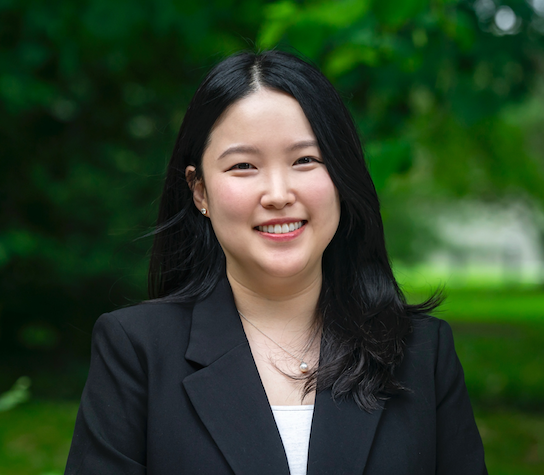
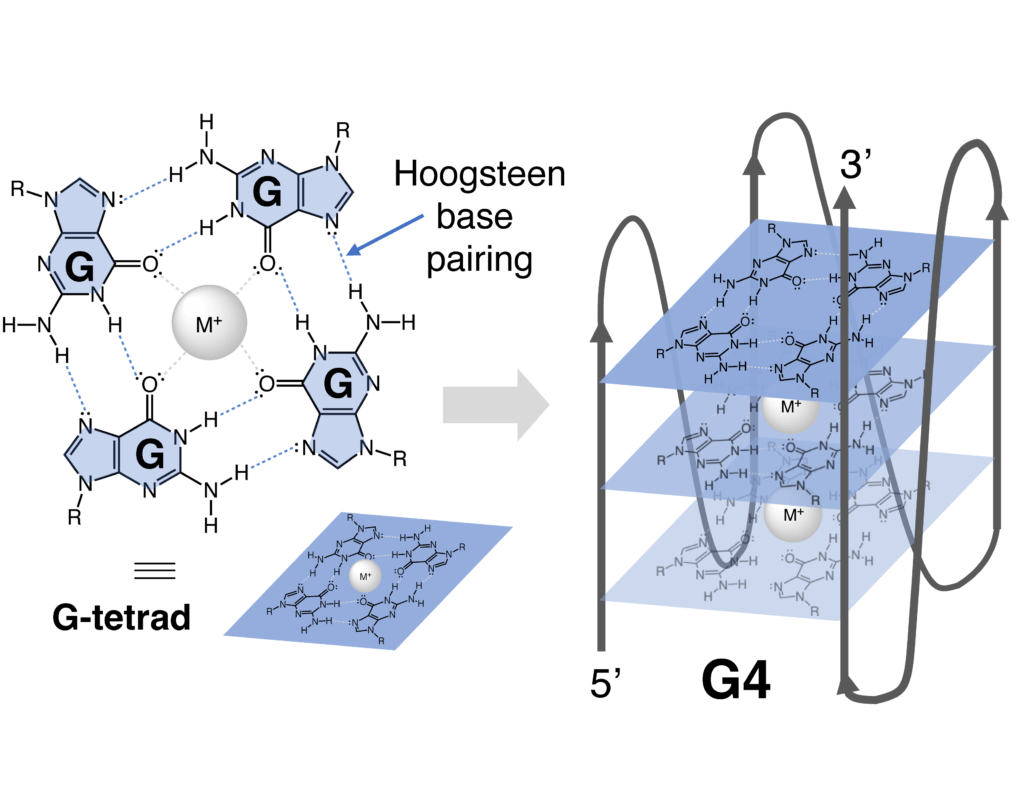
The second part of Dr. Cho’s research lab studies how small molecules can modulate nucleic acid structures, with a focus on developing G-quadruplex (G4) binders as potential anticancer agents.
What we do?
G-quadruplexes (G4s) are unique DNA structures formed in guanine-rich sequences. They play critical roles in regulating gene expression and maintaining chromosome stability, especially at telomeres. Our lab investigates how small molecules—particularly metal complexes designed as G4-binders—interact with and stabilize these structures. Our goal is to improve the specificity of G4-binders: unlike many current anticancer drugs that harm both healthy and cancerous cells, G4-targeting molecules hold promise for selectively disrupting cancer cell processes.
Our students
Undergraduate researchers in the Cho Lab will gain hands-on experience at the interface of synthetic chemistry and biochemistry (Bioinorganic Chemistry). Students will synthesize diverse organic ligands, perform metalation reactions to generate metal complexes, and characterize these compounds using techniques such as NMR, IR spectroscopy, and X-ray crystallography. Once combined with G4 structures, these metal complexes will be further studied through biophysical assays to reveal how they bind and influence G4 stability and function.
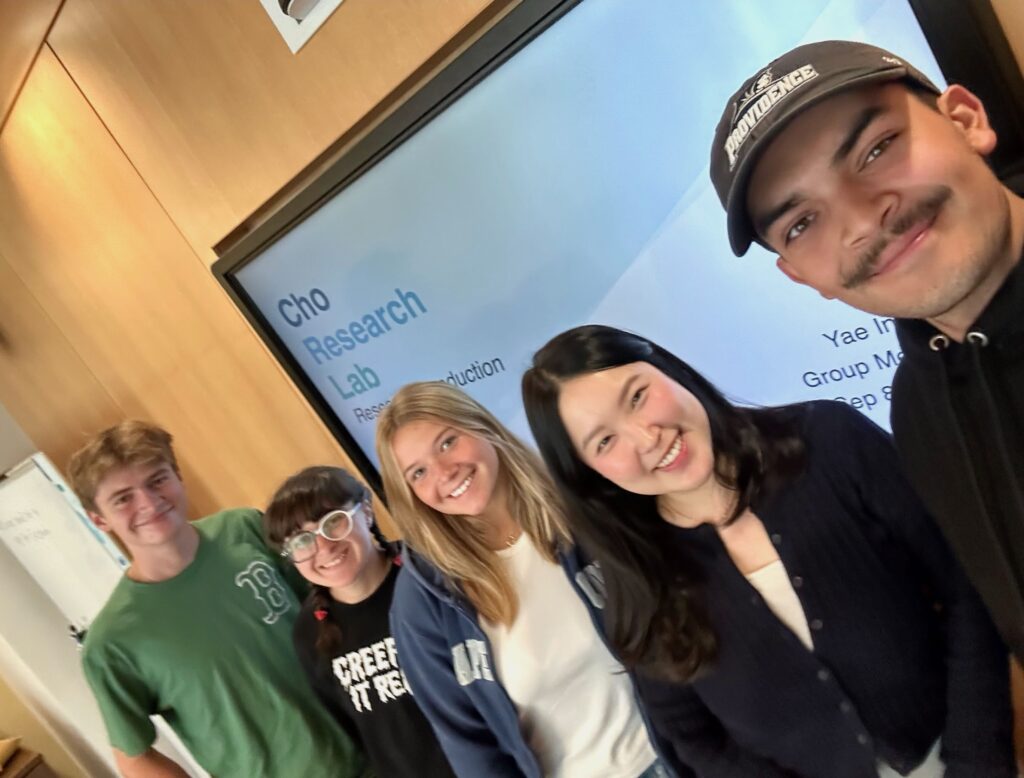
(From left to right) Sam Boucher (’28), Merry Mason (’27), Genevieve Hatch (’27), Dr. Yae In Cho, and Sean Peloquin (’26)





